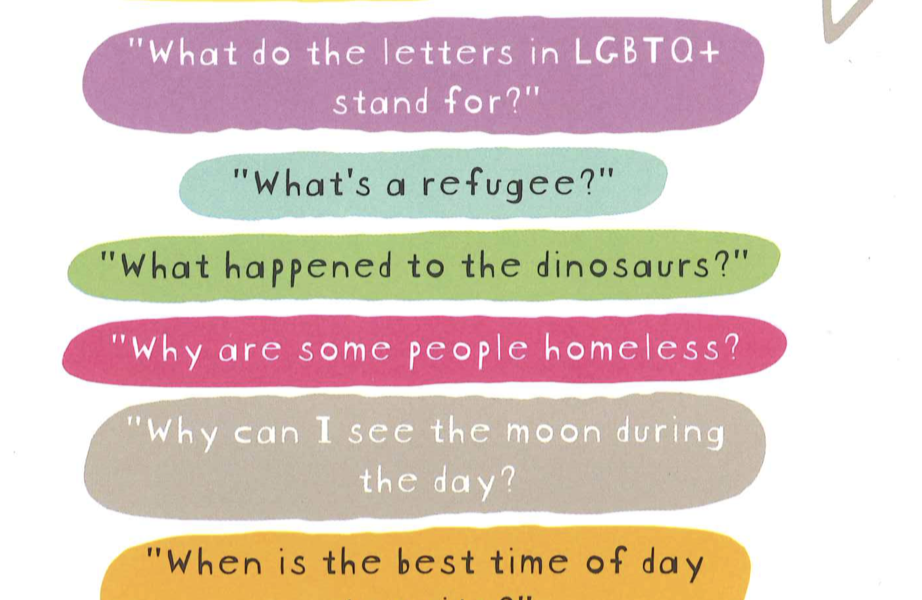
Please note that this is actual material from a homework assignment in the Sutton Schools. I write this as an example of where we need some common sense in our school systems. It remains unclear to me how this lesson gives our kids critical thinking skills or equips them to be independent thinkers and learners in the 21st century.
Children need to be equipped with the skills to search out and learn for themselves. They need to be taught how to learn and not simply what to learn. I was somewhat concerned when I read an article for an english class and came across this excerpt from the book:

The context of this was around diversity and stereotypes with the author making the point “When diversity is not valued, or when people are not allowed to share their own point of view, stereotypes show up instead.” To be clear I believe diversity is very important, but I object to the limited nature of Diversity portrayed in this excerpt. Notice that all the examples are based on a gender, ethnic or disability scenario. The clincher from the author goes on “Another way to challenge stereotypes is to care about representation. That means making sure that all perspectives get shared and people get to tell their own stories, especially people who haven’t had those opportunities in the past.”
As a parent I don’t see any evidence of the other side; rather there’s a single focus on reducing diversity to a simple equation “If you think this way, you are making a stereotype, stereotypes are bad, therefore you are bad.”
Going further kids are introduced to questions like this

As a parent, I encourage questions however I find the authors singular focus somewhat disturbing: “What’s ASMR?”, “What’s a refugee?”, “What do the letters in LGBTQ+ stand for?” Again I see diversity being reduced here from diversity of thought to a focus on certain subjects that, rather than tilting to the center, shift left. I highlight these examples to show that our kids are being fed material that encourages them to think a certain way rather than teaching them how to think.
As a parent, I would have loved to see some antithetical points – so for example an antithetical point to the question of “what is a refugee?” might be a countervailing question like “what are some challenges posed by mass migration?” Bringing an alternative thesis, even difficult ones help kids arrive at their own thoughts and help in the critical thinking process. It also helps provide a framework for people to think about all sides of an issue.
As a parent and if elected to the school committee I want to make sure all viewpoints are represented.
In hindsight and in thinking about this particular lesson common sense would dictate that it might have been better to present a lesson with less charged questions…